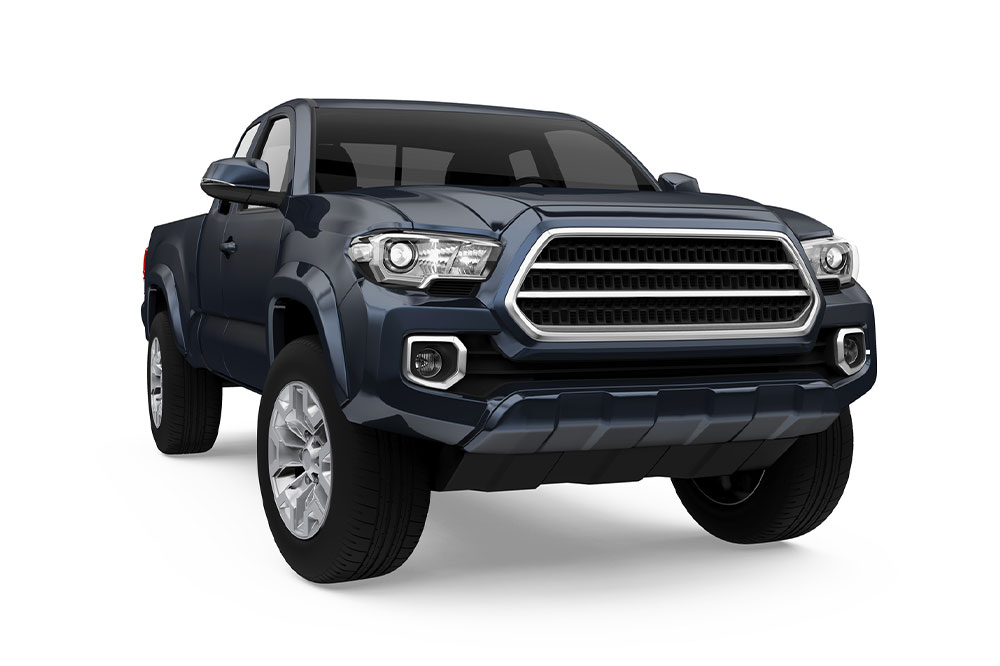Essential Guide to Motorcycle Insurance Types and Top Providers
This comprehensive guide explores various motorcycle insurance types, highlighting key coverage options and top providers like Geico, Progressive, Markel, and Dairyland. It helps riders understand their insurance needs, compare benefits, and choose the best policy to protect themselves, their bikes, and others. Coverage options such as collision, comprehensive, custom parts, and liability are explained, with tips on selecting reliable insurers. Whether renewing or purchasing new coverage, this article assists riders in making informed decisions for optimal protection and value.

Comprehensive Motorcycle Insurance Options and Where to Find Them
Getting motorcycle insurance is often legally required due to registration laws, but its benefits extend far beyond compliance. It plays a vital role in protecting riders, bikes, and other involved parties during accidents. Insurance premiums vary based on factors like rider profile, bike type, and location, ranging from just a few dollars to over a thousand. While policies differ in cost and coverage, choosing the right provider can make a significant difference in how well you're protected and the overall value received. Each policy has its strengths and limitations, with some offering extensive coverage at higher prices and others providing efficient protection at lower costs.
Before selecting or switching insurance plans, it’s essential to explore the leading companies that deliver reliable coverage. But first, let's review the various types of motorcycle insurance coverage available.
Collision Coverage
Collision insurance covers damages to your motorcycle following an accident with another vehicle. However, it typically does not include damage to other vehicles involved nor medical expenses for anyone injured.
Custom Parts Coverage
While many policies insure standard factory parts, some providers also offer coverage for customized features like custom paint, sidecars, and chrome accessories, ensuring your unique modifications are protected.
Comprehensive Coverage
Often called "other than collision," this policy helps compensate for theft, vandalism, fire, and damage caused by falling objects such as trees. It ensures your bike can be repaired or replaced after non-collision incidents.
Uninsured/Underinsured Motorist Protection
This coverage is essential for accidents involving drivers without sufficient insurance. It covers damages, injuries, and lost wages when the at-fault motorist's coverage falls short or is nonexistent, with some states mandating such protection by law.
Liability for Bodily Injury and Property Damage
This critical coverage shields you financially against lawsuits for injuries or property damage caused to others during an accident. Some policies also include guest passenger liability as an add-on, providing extra protection for riders and their guests.
In addition to these, other policies like umbrella insurance and renters insurance can serve motorcyclists' needs. Now, let’s look at some of the top insurance providers in this industry.
Geico
Geico is renowned for offering affordable motorcycle insurance with options to protect accessories, including the helmet. They provide comprehensive and collision coverage, free roadside assistance, and multiple discount choices. Payment plans and a user-friendly 24/7 customer service via mobile app, live chat, or phone make Geico a popular choice among riders.
Progressive
Progressive appeals to riders seeking extensive benefits and discounts. Their policies include various add-ons, often at no extra cost, such as original equipment manufacturer (OEM) coverage, ensuring factory or custom parts are replaced with identical components. Their accident forgiveness program helps keep premiums stable after claims.
Markel
Markel serves owners of multiple motorcycles by offering discounts on multi-vehicle policies. They cover various bike types, including cruisers, sport bikes, dirt bikes, and scooters. With over eight discounts, roadside assistance, and accident forgiveness programs, Markel supports dedicated enthusiasts and provides round-the-clock support for claims.
Dairyland
Dairyland offers comprehensive coverage options, along with rider safety incentives such as training courses. Completing courses can qualify riders for multi-policy discounts and other savings. They also provide SR22 insurance, necessary for drivers with certain violations or lapses in coverage, meeting specific state requirements.










